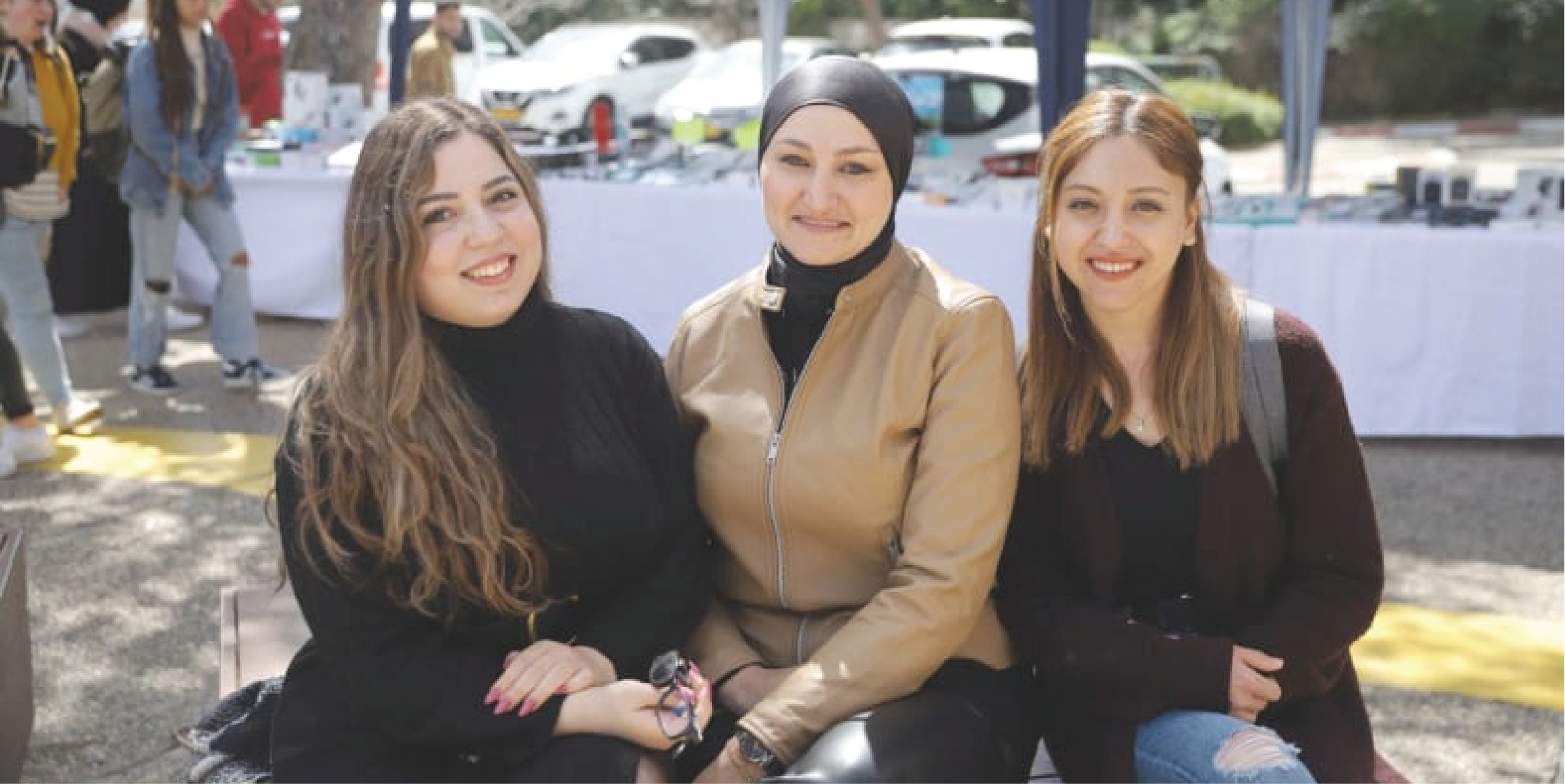3,700 Year Old Wine Cellar Found in Israel
November 22, 2013
These 3,700-year-old jars were discovered in an ancient palatial wine cellar in July 2013. The team excavated a total of 40 intact vessels during its six-week dig.
Archaeologists say they have discovered a 3,700-year-old wine cellar in Israel, a finding that offers insights into the early roots of winemaking.
The large wine cellar was unearthed in the ruined palace of a Canaanite city in northern Israel, called Tel Kabri, not far from the country’s modern wineries. The excavations revealed 40 one-meter-tall (about 3 feet) jars kept in what appeared to be a storage room.
No liquid contents could have survived the millennia. But an analysis of organic residue trapped in the pores of the jars suggested that they had contained wine made from grapes. The ancient tipple was likely sweet, strong and medicinal—certainly not your average Beaujolais.
“We were absolutely surprised,” said Eric Cline, archaeologist at George Washington University and part of the team involved in the excavation. “We thought we were digging outside the palace walls when the jars came up.”

Zach Dunseth of Tel Aviv University removes dirt and debris from the ancient wine jars found at Tel Kabri.
The findings were presented Friday in Baltimore at the annual meeting of the American Schools of Oriental Research. The scientists have yet to publish their discovery in a peer-reviewed journal; some archaeologists said that made it difficult to judge the validity of the claims.
The oldest known wine cellar held about 700 jars and was uncovered in the tomb of Pharaoh Scorpion I in Egypt, which dates to about 3,000 B.C. But there were no wild grapes in Egypt, so where did the Egyptians get their wine? Scientists say they probably imported it from the Canaanites, a claim bolstered by the recent find.
More than 5,000 years ago, “it was the Canaanites who really developed the winemaking culture and took it to Egypt,” said Patrick McGovern, an authority on ancient wine at the University of Pennsylvania, who wasn’t involved in the Kabri dig.
Later, the winemakers of Canaan could have taken their expertise northward, setting the stage for winemaking to develop in Greece, Italy and other parts of Europe. “The Canaanites had the ships—they took their wine culture with them,” said Dr. McGovern.
Historians know little about the rulers of Kabri, a town that dates back to 1700 B.C. But they know that a city called Hazor, about 50 miles away, had contact around this time with Mesopotamia, a region encompassing modern-day Iraq, and ruled by Hammurabi.
“The components of the wine match the textual description of wine in Mesopotamia,” said Dr. Cline.
The quest to understand what the ancient wine might have tasted like required some nifty detective work in the lab. The scientists focused their efforts on fragments close to the base of the jars, which would have been in contact with the stored wine and absorbed some of it. They extracted the organic residues trapped in the pores and analyzed them chemically.
Andrew Koh, an archaeological scientist at Brandeis University, said he discovered the telltale signature of tartaric acid, a key component in grapes. He also found traces of compounds which suggested that other ingredients could have been added to the wine, including honey, mint and herbs.
That is a similar recipe to that of medicinal wines drunk for 2,000 years in ancient Egypt. The wines in the Kabri cellar were both white and red, the researchers said.
A few days before the excavation was wrapped up this summer, the archaeologists discovered two doors leading out of the wine cellar. If those lead to other storage rooms with more wine jars, it may be possible to get an even better fix on what the wine was like. With enough data, the researchers said, they may even be able to recreate the flavor of the 3,700-year-old wine.
Similar posts
-

Israel Has The Most Moral Military In The World
April 10, 2024In the heart of a region often riddled with conflict, Israel stands out not only for its technologi...
-

The Resilience of the Israeli People
April 2, 2024Visitors from around the world have seen Hamas's October 7th Massacre's destruction in southern Isr...
-

Israel: Small Size, Big Impact
March 21, 2024Nestled along the eastern edge of the Mediterranean Sea, Israel is a land of immense historical sig...
-

Israelis Are Fighting For Their Lives
February 21, 2024By Jonathan S. Tobin The world looks a lot different from Kibbutz Kfar Aza than it does in the U...
-

Over 2 Million Arabs Live In Israel
January 23, 2024In the complex landscape of the Middle East, where diverse cultures and identities intersect, Israe...
-

'Fauda' Star Idan Amedi Injured Fighting in Gaza
January 8, 2024Despite the severity of his injuries, Amedi's father assured Israeli news channels that his life is...
-

Israel Is A Great Country To Live In
December 28, 2023Nestled at the crossroads of the Middle East, Israel stands as a vibrant and dynamic nation, offeri...
-

Dear World: I Don't Care
November 2, 2023By Avi Lewis I don’t care that you sympathize with Hamas I know you wouldn’t tolerate any of ...




















